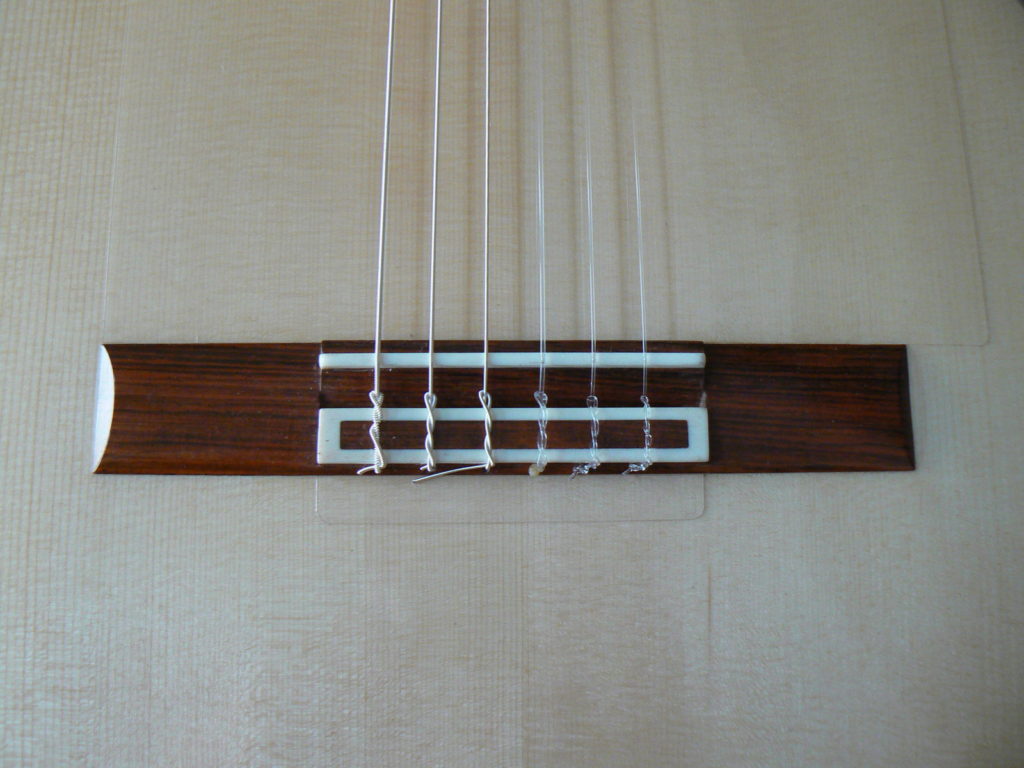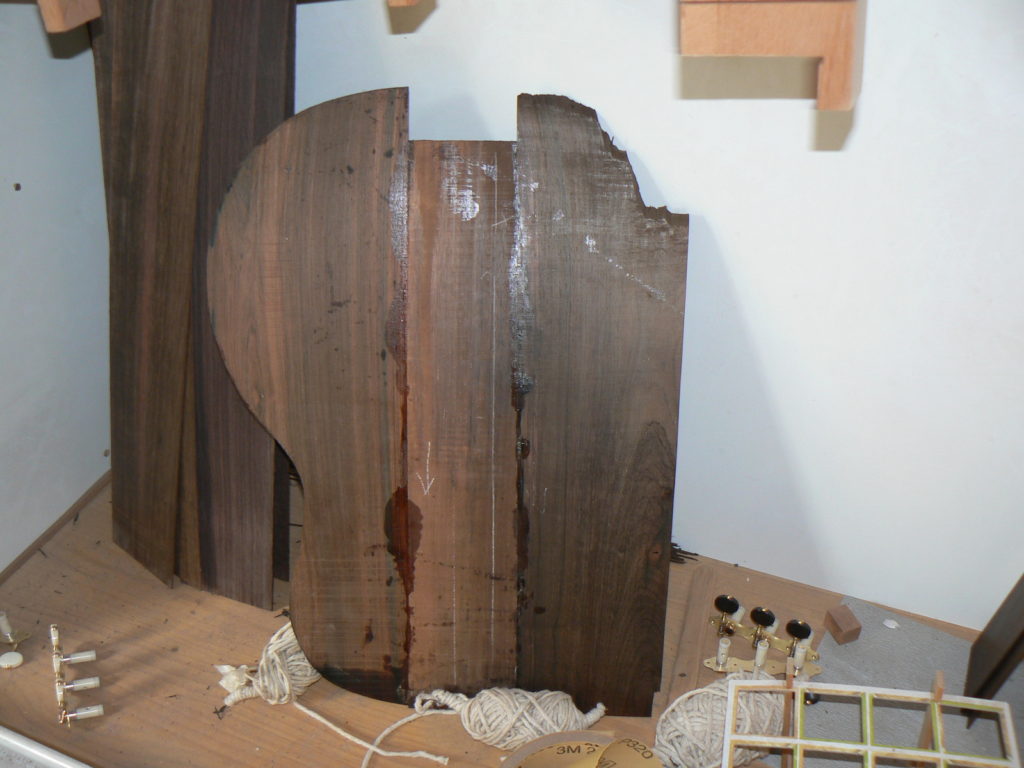 Once again the idea for a post comes from one of the guitar forums: someone asking if a particular guitar is overpriced. Pricing is a very delicate issue for a guitar-maker or, if you consider us to be artists, for any artist at all. You can price yourself out of the market and then have to reduce your prices which can leave you looking very bad. On the other hand you can price too low and lose out on the clients who are looking for “the best guitar money can buy”. The truth is that these people are not usually serious musicians but rather dabblers of one sort or another. But like it or not, a very large number of customers for fine guitars are precisely the collector, the retiree who wants to start playing again, the frustrated guitarist who years ago became a doctor or a lawyer, and of course the wannabe guitarist who believes that if he can just find the right instrument he will be the next David Russell. The guitar appeals to a huge number of people and if you don’t need one as a tool of your trade but have the money that the average guitar-maker asks you may well find yourself in a position to afford a much more expensive one. I am not criticizing these people, after all there is no way that so many guitar-makers could survive if it weren’t for the amateurs buying fine guitars.
Once again the idea for a post comes from one of the guitar forums: someone asking if a particular guitar is overpriced. Pricing is a very delicate issue for a guitar-maker or, if you consider us to be artists, for any artist at all. You can price yourself out of the market and then have to reduce your prices which can leave you looking very bad. On the other hand you can price too low and lose out on the clients who are looking for “the best guitar money can buy”. The truth is that these people are not usually serious musicians but rather dabblers of one sort or another. But like it or not, a very large number of customers for fine guitars are precisely the collector, the retiree who wants to start playing again, the frustrated guitarist who years ago became a doctor or a lawyer, and of course the wannabe guitarist who believes that if he can just find the right instrument he will be the next David Russell. The guitar appeals to a huge number of people and if you don’t need one as a tool of your trade but have the money that the average guitar-maker asks you may well find yourself in a position to afford a much more expensive one. I am not criticizing these people, after all there is no way that so many guitar-makers could survive if it weren’t for the amateurs buying fine guitars.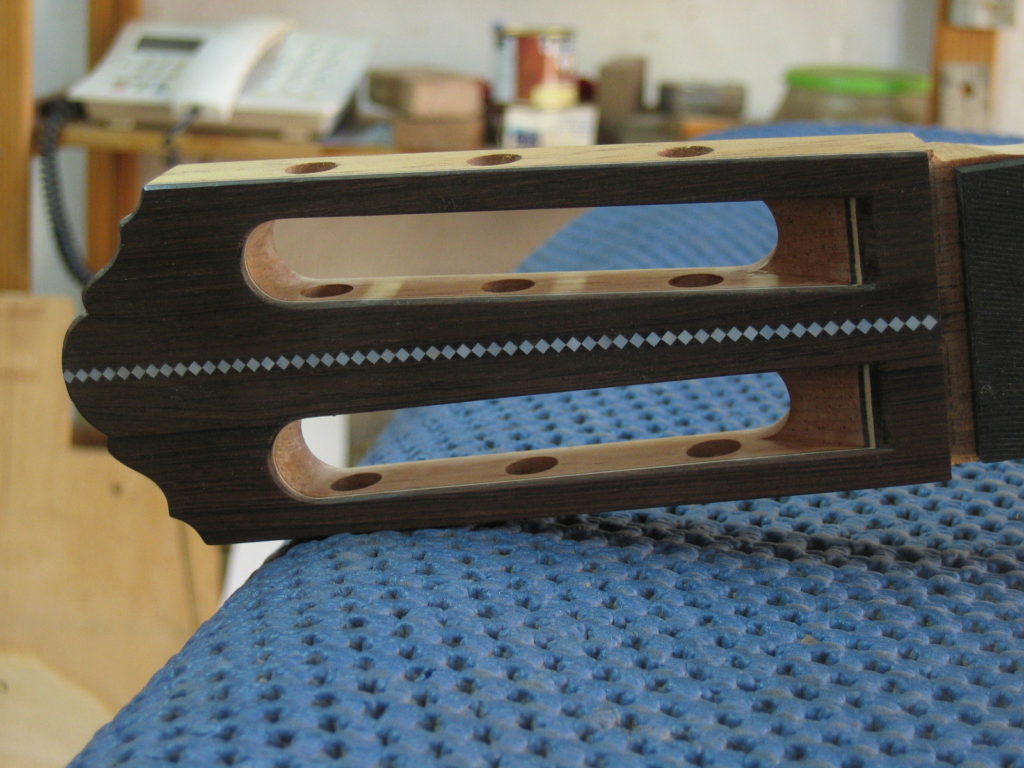
Mostly prices go up as the market allows which either means that clients are realizing that these guitars are great or someone (the maker or a dealer) is doing a fantastic marketing job. I think a majority of makers are all for raising their prices because they are almost always too low considering the amount of time invested and the years that it takes to get to a high level of craftsmanship and consistency. I know one exception and he happens to be the best-known maker in Granada. He holds the philosophy that guitarists should always be able to afford his guitars and so he has kept his prices relatively low to this day. Of course that means that most of us in Granada have to keep our prices quite low too as very few dare to charge more than the “godfather” of all of us.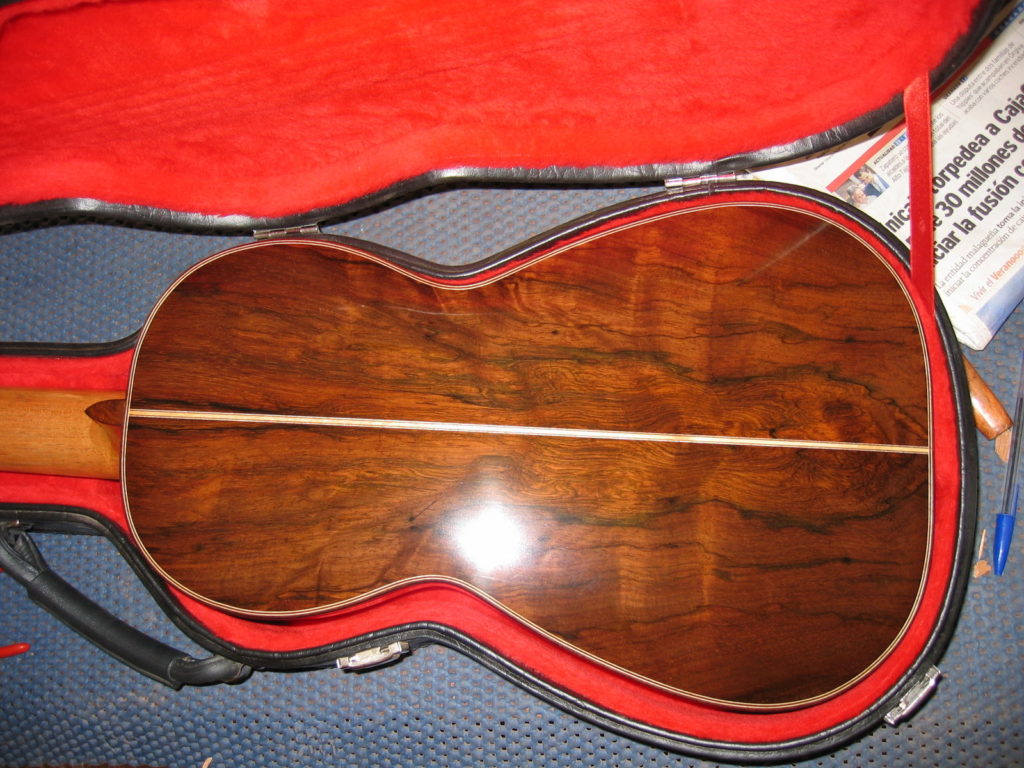
So you keep raising your prices as much as you think you have a right to until one day, pricing is no longer an issue. Your waiting list is years long and the dealers are raising the prices with every guitar they buy from you. Then you discover that the fruits of your blood, sweat and tears are being bought and resold immediately by people who don’t even know how to play the guitar. You may not be the type to try to squeeze the highest possible price out of the client but knowing that an “investor” will buy the guitar and charge the client a much higher price for doing nothing is galling to say the least. So you raise your prices and thereby keep away the unscrupulous buyers and at the same time reduce your waiting list. I say this because while having a long list feels good and can provide some job security, it is much more inspiring to actually make guitarists happy in the short term. Guitarists, especially dedicated amateurs, profesionals, students and teachers are also looking for a more immediate satisfaction. They are rightly disappointed by 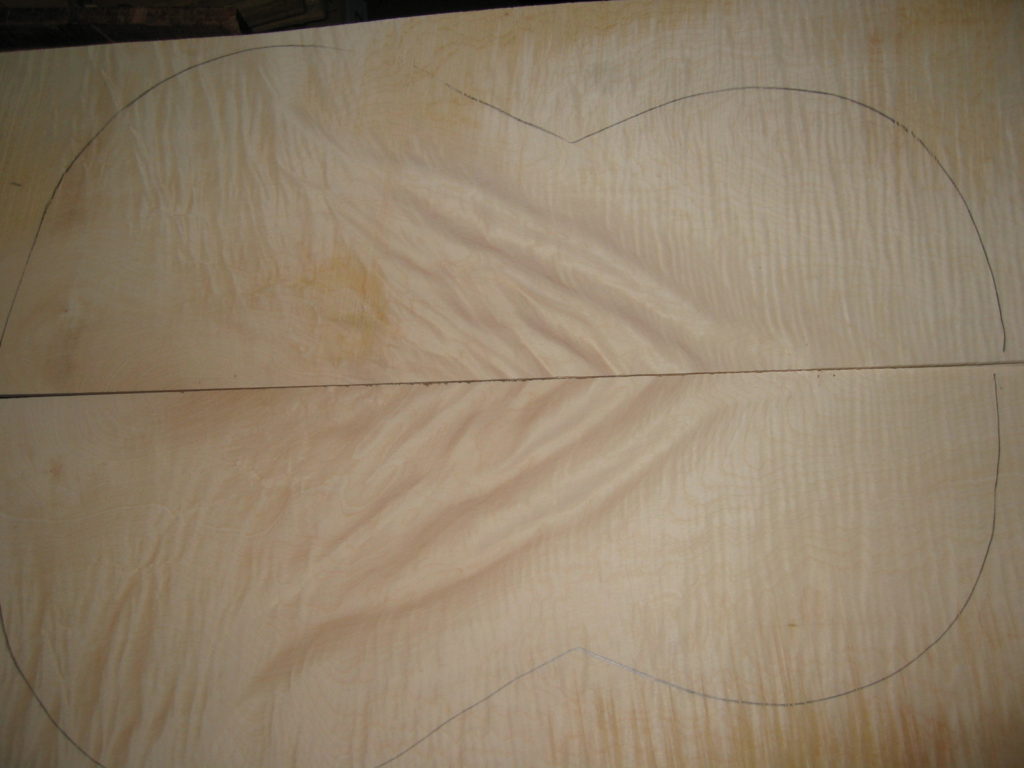 a long wait time. For us it is immensely satifying to talk to the guitarist, have the guitarist play, find out what he or she is looking for, show the wood that you might use and then get to the guitar within a reasonable time (less than a year). Somehow with a longer wait time you lose the connection with these people. I have also known people to lose the connection with the builder and cancel the order.
a long wait time. For us it is immensely satifying to talk to the guitarist, have the guitarist play, find out what he or she is looking for, show the wood that you might use and then get to the guitar within a reasonable time (less than a year). Somehow with a longer wait time you lose the connection with these people. I have also known people to lose the connection with the builder and cancel the order.
Obviously clients shouldn’t be equating higher prices with higher quality but it is inevitable that the makers who have worked for years and found favour with professional guitarists will have progressively higher prices so you will have to pay for that “guarantee” that comes with their reputations. And it goes without saying that a sought-after maker will become that much more so when he stops working.